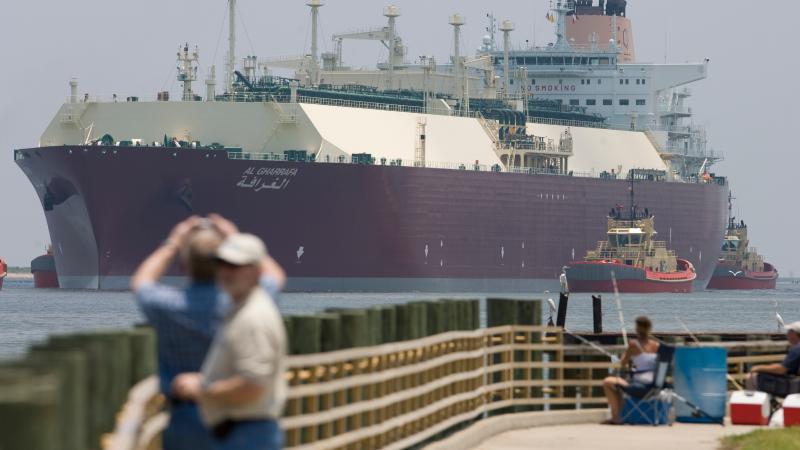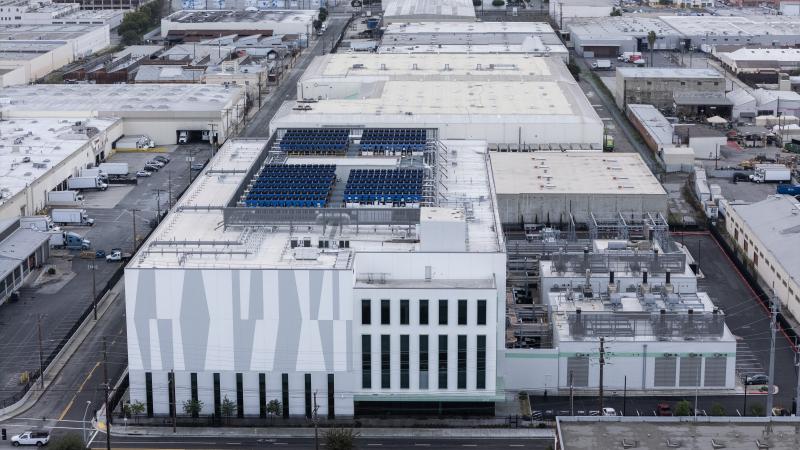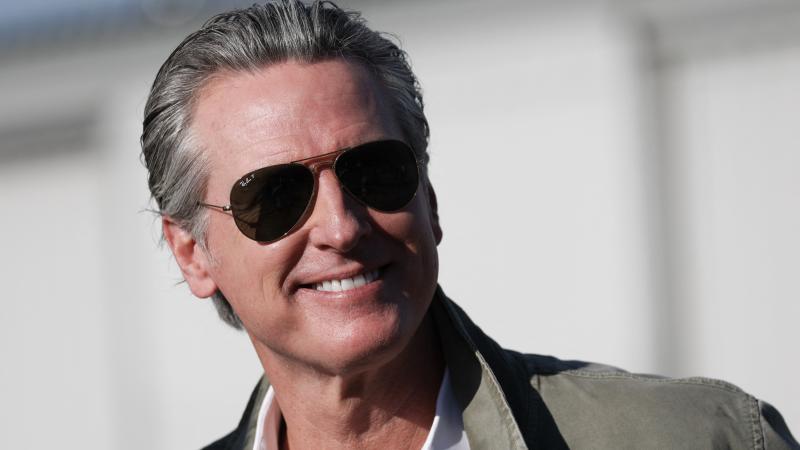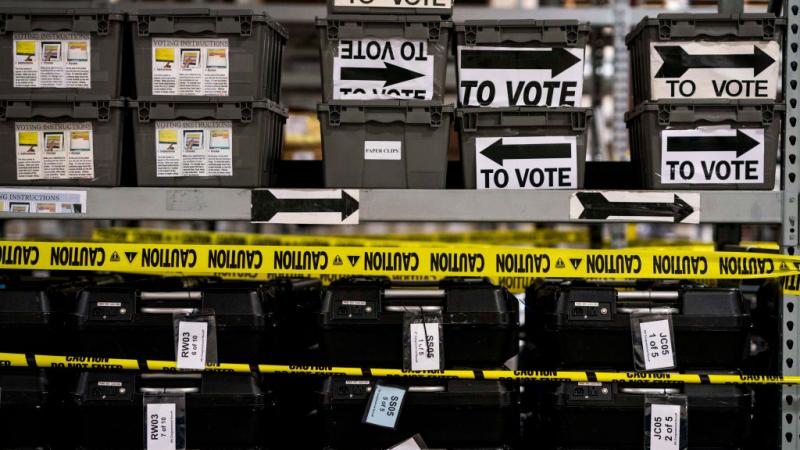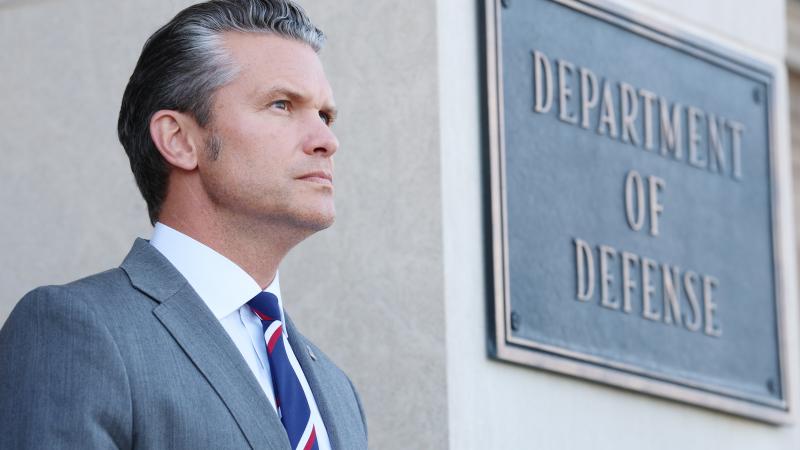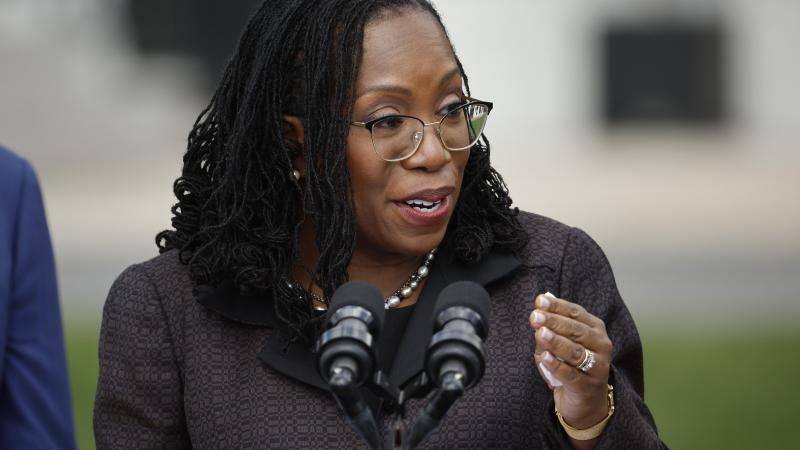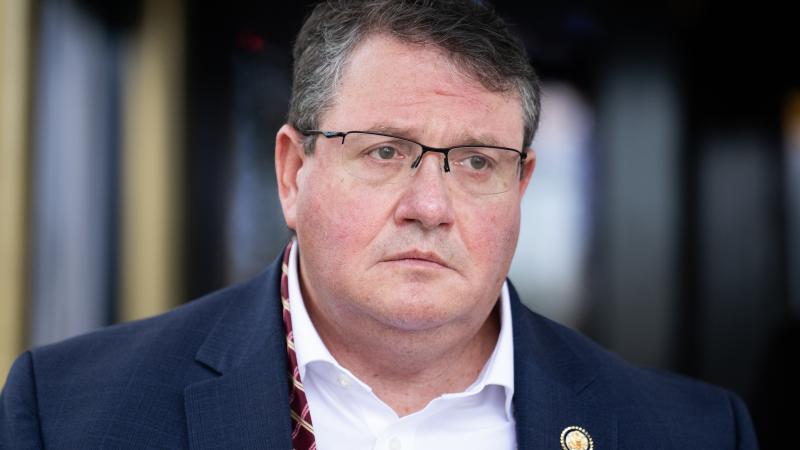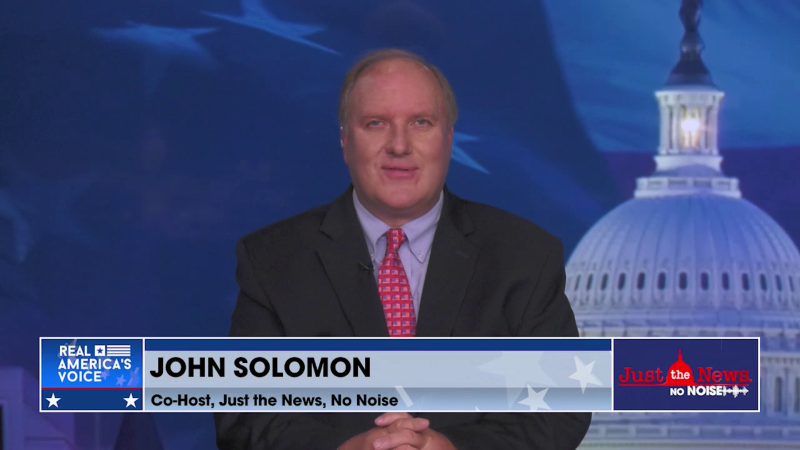The uncertain future of natural gas in Washington state
Under the Clean Energy Transformation Act, utilities must have 80% non-emitting energy sources by 2030 and 100% non-emitting by 2045.
There is ongoing debate over a newly-enacted law and its effect on natural gas in Washington state. The state's largest utility provider says it does not affect natural gas for new or future customers, but others argue that the new provisions set the stage for turning the shut-off valve for good.
House Bill 1589 signed by Gov. Jay Inslee last month consolidates Puget Sound Energy’s planning for both electrical and natural gas. While opponents claim it bans natural gas, PSE recently put out a fact sheet arguing that it does not. At the same time, it references provisions of a separate bill enacted in 2019, Senate Bill 5116, which requires all utilities meet various energy portfolio requirements. Under the Clean Energy Transformation Act, utilities must have 80% non-emitting energy sources by 2030 and 100% non-emitting by 2045.
The bill also requires utilities create plans to meet those metrics, which must be submitted to the Washington Transportation and Utilities Commission.
A review of floor speeches transcripts in both the Senate and House prior to final passage of SB 5116 in 2019 found no direct reference to natural gas or any limitations and restrictions the bill might place on it.
When The Center Square reached out to PSE for comment, a spokesperson wrote that CETA does not affect consumer natural gas, either for existing or new customers.
“CETA governs our electrical supply, things like gas fired power plants, for example,” the spokesperson wrote. “CETA requires electric utilities to serve electric customers with increasing amounts of renewable and non-emitting resources.”
The PSE spokesperson also wrote that the they do not plan to cease natural gas service to new customers after a certain date, writing that “the new building codes significantly affect the ability of new customers to use natural gas to heat their homes.”
PSE also wrote that the utility “will use the planning requirements of 1589 to find the most effective solutions for customers. Right now, our studies show natural gas remains very cost effective. At the same time, customers are clearly choosing their own preferred energy solutions and we want to support those choices.”
However, others have noted that HB 1589's provisions requires PSE to create a plan for combining its natural gas and electrical businesses, and that the UTC that approves the plans are all appointees selected by Inslee, who favored the bill.
Writing in a guest column for the News Tribune, Sen. Chris Gildon, R-Puyallup, concluded "is it a ban, or is it a legislative directive to develop and implement a plan to discontinue usage of natural gas? Semantics don’t matter. However the law is described, natural gas is going away."
The State Building Code Council last year voted in favor of an updated code that banned natural gas in new residential and commercial buildings and required heat pumps be used, instead. However, it later delayed implementation and voted in favor of an alternative code update that doesn’t outright ban natural gas, but plaintiffs in a lawsuit filed against the council argue it creates impractical requirements in order to use it as to constitute a ban.
If upheld in court, the updated building code will achieve what many proposed bills have failed to do. House Bill 1084 introduced during the 2021 legislative session would have barred future use of natural gas starting in July of that year. However, it failed to reach the House floor for a vote.
Among those opposed to the legislation was PSE. At a public hearing in the House Environment & Energy Committee, PSE State and Federal Affairs Director Janet Kelly testified against the bill, noting “particular concerns about reliability and cost impacts. [It’s] not the preferred pathway to achieve carbon reduction.”
However, PSE later supported the original version of HB 1589 when it would have prohibited the utility from offering natural gas to new customers starting in June 2023. The bill was later altered to remove the prohibition after Lt. Gov. Denny Heck called it a "hot mess."
PSE wrote that “HB 1589 and HB 1084 from 2021 are very different bills,” noting that the latter “contained more onerous requirements and restrictions,” while HB 1589 “provides a thoughtful pathway for the utility to do holistic planning and submit those plans to the Utilities & Transportation Commission (UTC) so that the UTC can help protect customers while the utility achieves compliance with state laws."
PSE further wrote that "the prohibition on growth in PSE’s gas system came after the new state building codes were set to take effect, the policy prohibiting gas line extension subsidies (a provision of HB 1084) had already been issued by the UTC, and the price of carbon had already been implemented. PSE has also seen customers choosing less gas and fewer new hookups in the years between the two bills.”

